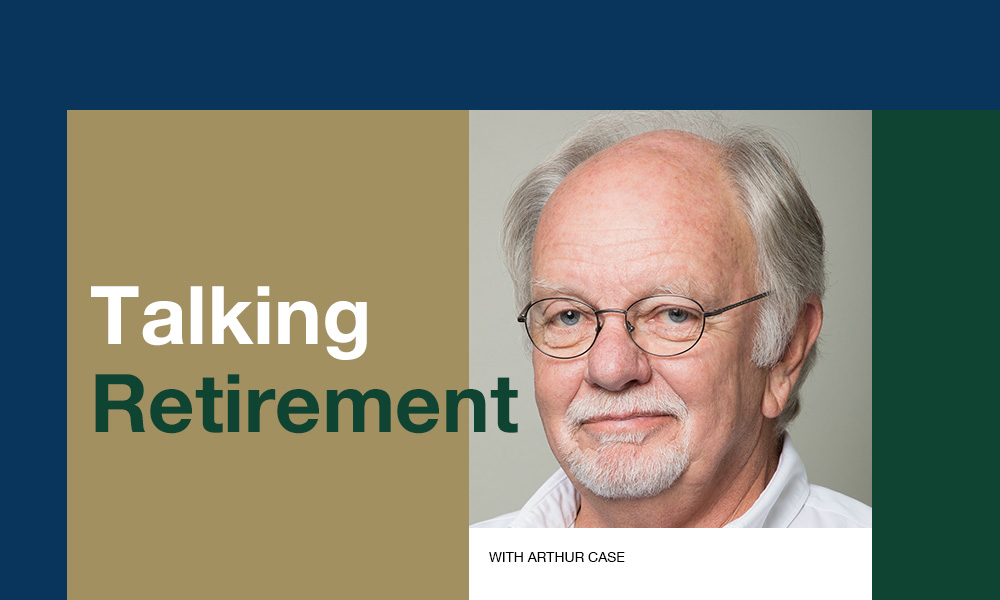
Governance in retirement villages
In South Africa, people looking to buy into a retirement village have a lot of choice when it comes to purchase models. The most popular are freehold, sectional title and Life Right, while share block schemes and rental options are less common. As we all have different needs and aspirations, having a range of options is a good thing.
It’s important to bear in mind that each of these models has different governance arrangements which require varying amounts of the residents’ time and involvement.
Freehold and sectional title
The governance structure in a freehold development is a homeowners’ association (HOA). In a sectional title scheme, it’s a body corporate. Legislation is in place for both of these options, but essentially, these retirement villages are self-managed by residents. The developer of the estate usually departs after the last unit is sold and residents are required to serve on the governance structure and either run the village themselves, or appoint and pay a third-party managing agent to do so.
Key decisions relating to finance, administration, estate management, maintenance, security, healthcare, catering and much more falls to the residents. While some residents may enjoy having this control, others may not want to deal with the burden of management and the associated financial pressures in their retirement.
Rental and share block schemes
In rental schemes, governance lies with the landlord. In share block schemes, however, the residents are shareholders and must run their village collectively. The risk with this model is that it may be difficult to reach a consensus on important decisions.
Life Right
In the Life Right model, residents do not have to take on the administration and financial management of the estate. The Housing Development Schemes for Retired Persons Act No 65 of 1988 provides the flexibility for Life Right developers to put a management and governance structure in place, which takes the burden of management – as well as that of funding unexpected capital projects – off the shoulders of the retired resident. (In freehold or sectional title villages, unexpected capital projects are usually funded by special levies.)
Life Right holders are able to express their interests and aspirations via a residents’ committee, without having to take on estate and financial management. A caution for Life Right purchasers, though, is to make sure that the Life Right developer has the financial strength to carry these liabilities.
Personally, I’m biased towards the Life Right model as I’ve seen its strength over the past 10 years with Evergreen Lifestyle. In a well-managed Life Right village, your only responsibilities are to pay your levy once a month and enjoy your retirement. It’s like an insurance policy and a good night’s sleep rolled into one.
To find out more about Evergreen Lifestyle, call Sharon on 087 808 7000 and ask about our Partnership for Life promise.



